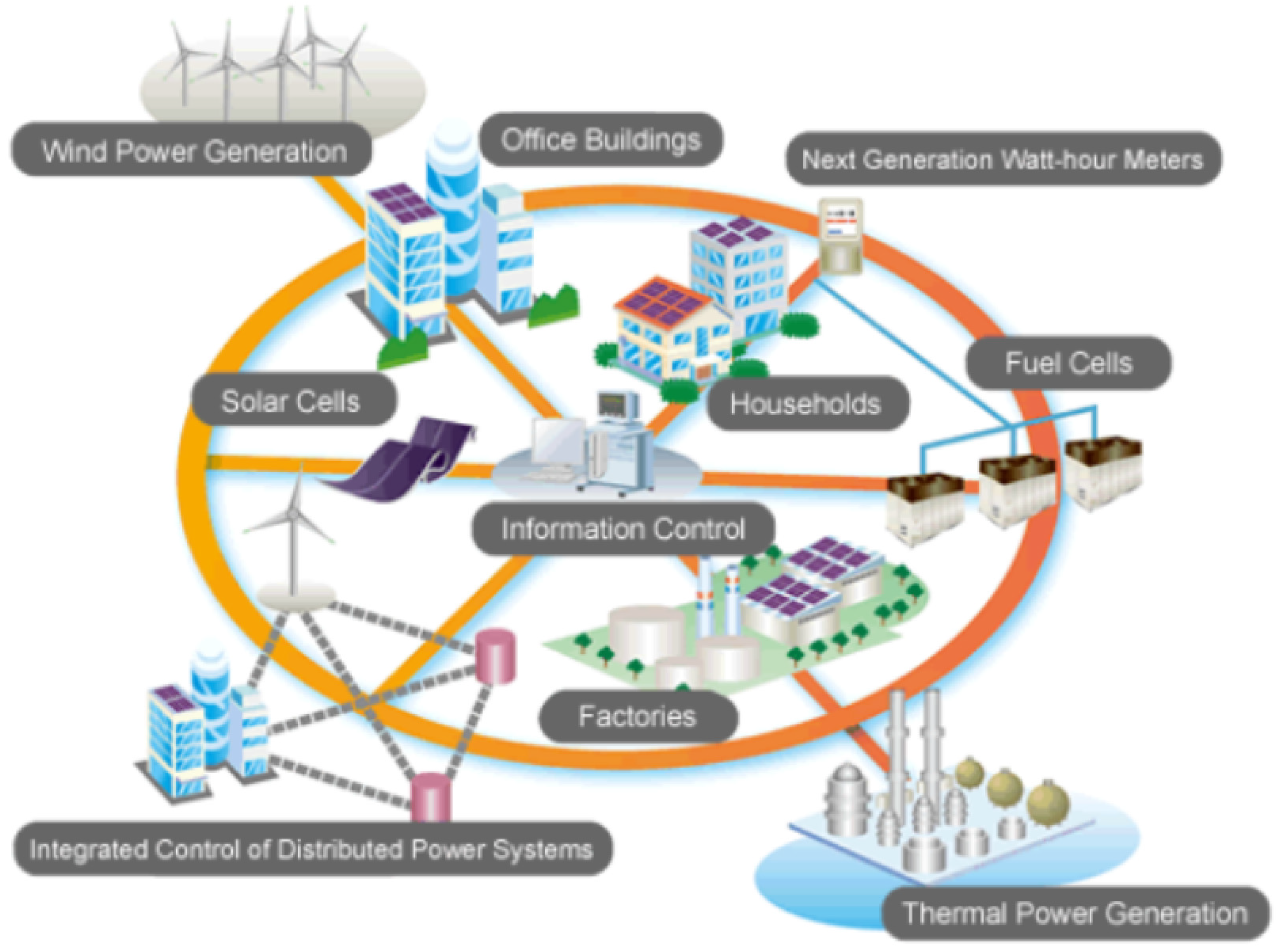
Revolutionizing Energy Management: The Power of Intelligent Grid Systems
In the dynamic landscape of energy management, Intelligent Grid Systems stand out as a game-changer. This article explores the transformative impact of these systems, shedding light on their functionalities, benefits, and the pivotal role they play in shaping a more efficient and sustainable energy future.
Understanding Intelligent Grid Systems: A Technological Marvel
Intelligent Grid Systems are advanced networks that utilize cutting-edge technologies such as sensors, communication devices, and automation to enhance the efficiency and reliability of energy distribution. These systems leverage real-time data and analytics to optimize energy flow, detect faults, and respond swiftly to changes in demand or supply.
Key Features and Functionalities
The hallmark of Intelligent Grid Systems lies in their sophisticated features. These systems facilitate two-way communication between energy providers and consumers, enabling seamless monitoring and control. Automated demand response, fault detection, and self-healing capabilities are integral aspects that distinguish these grids from traditional counterparts.
Enhancing Grid Resilience and Reliability
One of the primary benefits of Intelligent Grid Systems is the enhancement of grid resilience and reliability. Through continuous monitoring and swift response mechanisms, these systems can detect and isolate faults, minimizing downtime and disruptions. This resilience is crucial in mitigating the impact of unforeseen events, such as extreme weather conditions or equipment failures.
Facilitating Energy Conservation: The Demand Response Advantage
Intelligent Grid Systems introduce the concept of demand response, empowering consumers to actively participate in energy conservation. By providing real-time information on energy prices and consumption patterns, these systems enable users to make informed decisions about when and how they use electricity, contributing to overall energy efficiency.
Optimizing Renewable Energy Integration
As the world transitions towards renewable energy sources, Intelligent Grid Systems play a pivotal role in optimizing their integration into the existing energy infrastructure. These systems can intelligently manage the variability of renewable sources like solar and wind, ensuring a seamless and stable transition to a more sustainable energy mix.
Empowering Smart Cities Initiatives
Intelligent Grid Systems are a cornerstone of smart cities initiatives. By integrating with other smart technologies, these grids contribute to the development of intelligent urban ecosystems. Smart lighting, efficient transportation systems, and data-driven urban planning are all interconnected through Intelligent Grid Systems, fostering sustainability and innovation.
Addressing Cybersecurity Challenges
The increased reliance on digital technologies in Intelligent Grid Systems brings forth cybersecurity challenges. Ensuring the security of these systems is paramount to safeguard against potential cyber threats. Robust cybersecurity measures, including encryption and authentication protocols, are integral components in the development and implementation of secure Intelligent Grid Systems.
Economic Benefits and Cost Savings
Beyond the environmental and technological advantages, Intelligent Grid Systems offer substantial economic benefits. The optimization of energy distribution leads to cost savings for both providers and consumers. Reduced energy wastage, improved efficiency, and streamlined operations contribute to a more cost-effective and sustainable energy ecosystem.
Promoting a Sustainable Energy Future
Intelligent Grid Systems play a pivotal role in steering the energy sector towards a more sustainable future. By embracing advanced technologies, optimizing energy distribution, and empowering consumers, these systems contribute to the global effort to reduce carbon footprints and mitigate the impact of climate change.
The Road Ahead: Challenges and Opportunities
While the journey towards Intelligent Grid Systems is promising, it is not without challenges. The integration of new technologies, regulatory considerations, and the need for widespread infrastructure upgrades pose hurdles. However, the opportunities for a more resilient, efficient, and sustainable energy future far outweigh these challenges.
For more insights into Intelligent Grid Systems and their transformative impact on energy management, visit BusinessFinancee.










